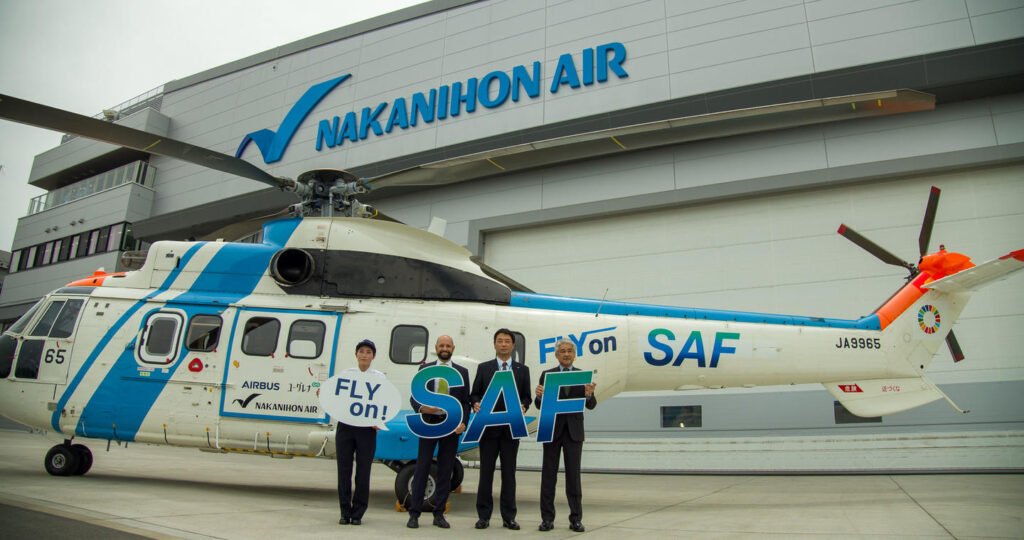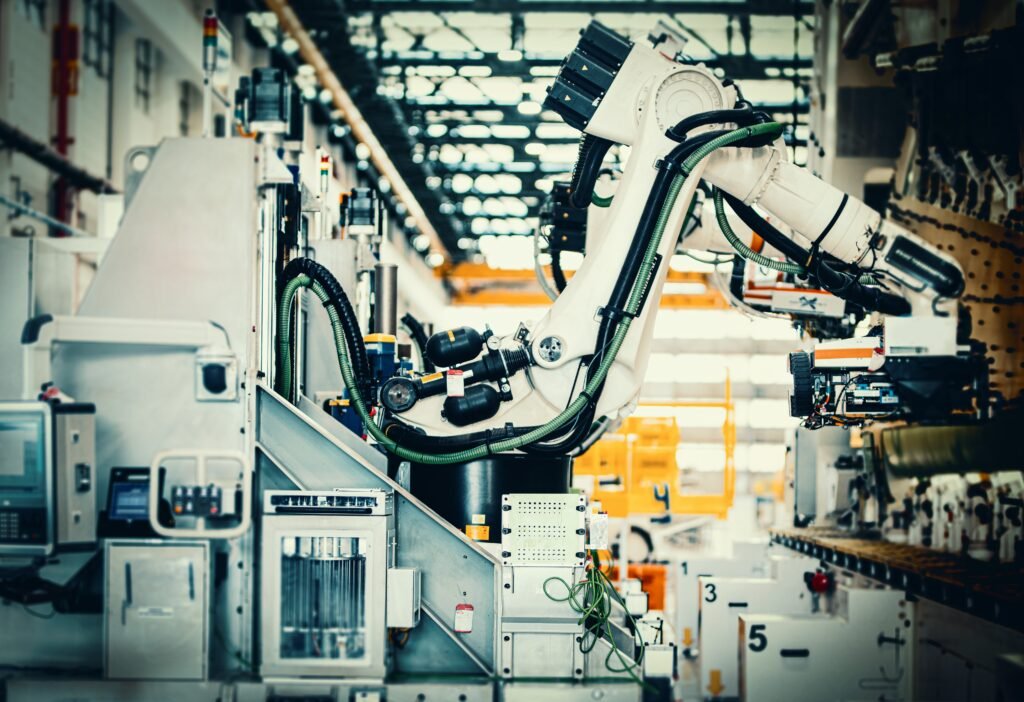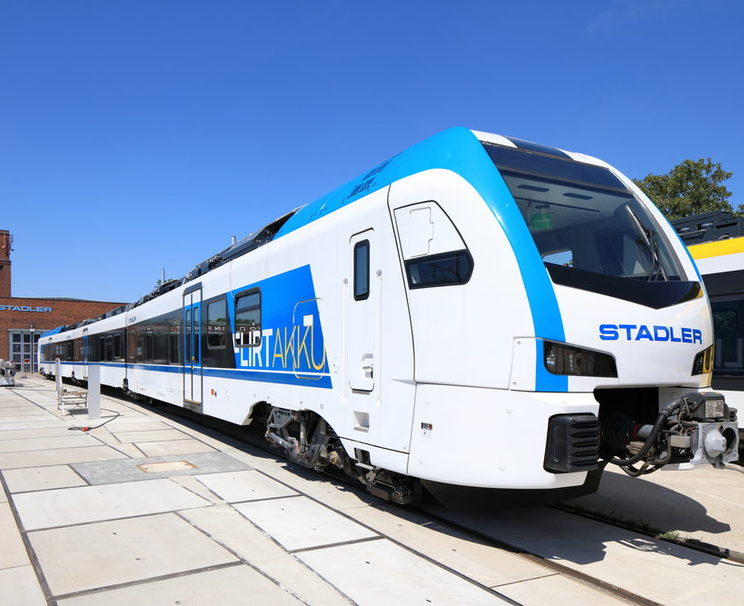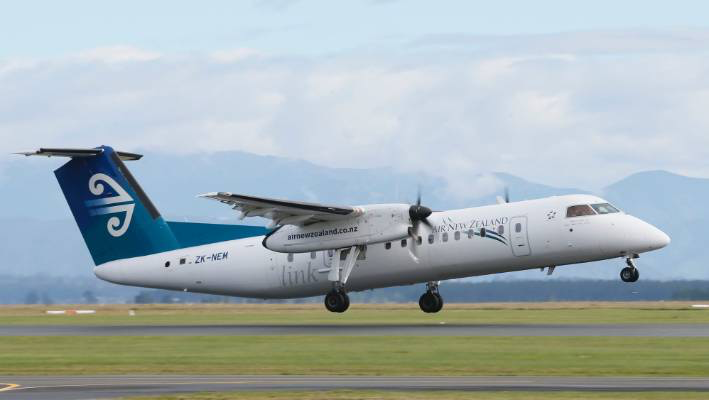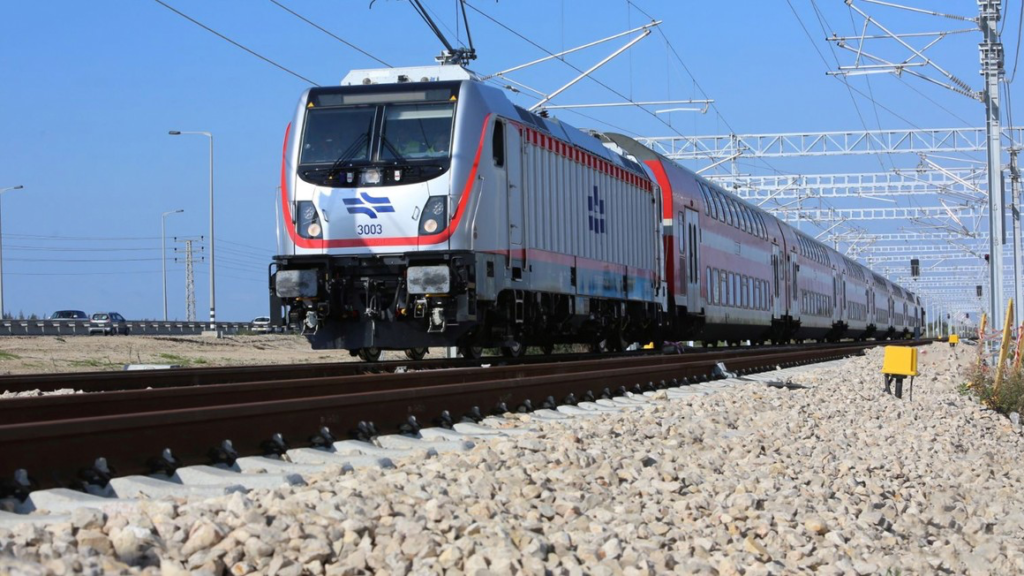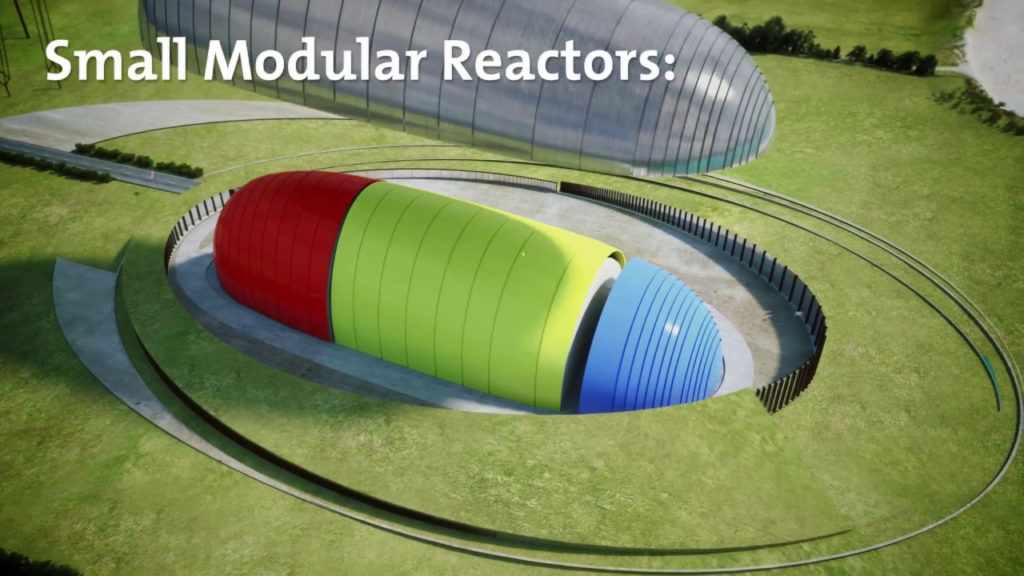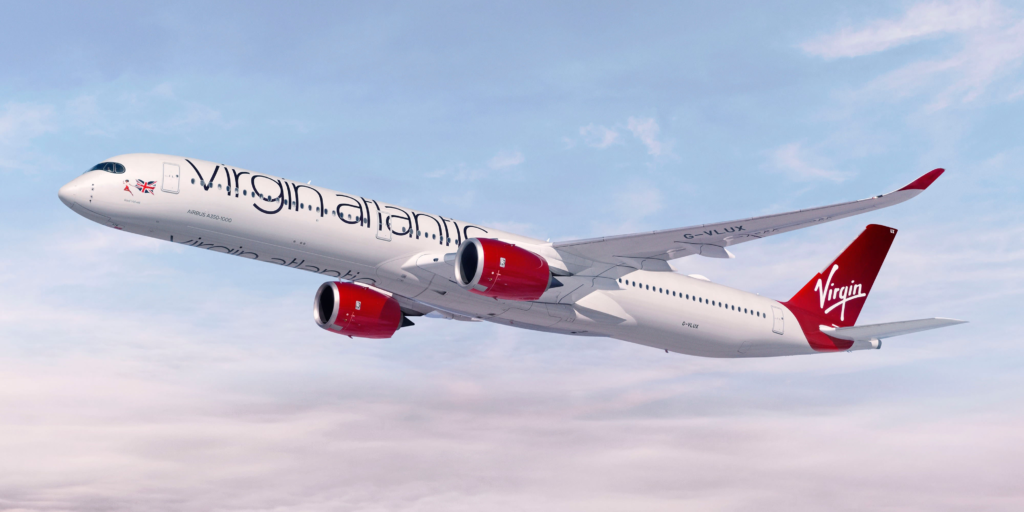First Japan SAF Helicopter Flight with H215
Tokyo, Japan June 1, 2022 – Airbus Helicopters in Japan and Japan’s leading helicopter operator Nakanihon Air (NNK) have jointly performed the country’s first ever helicopter flight powered with sustainable aviation fuel (SAF). NNK’s H215 helicopter…
